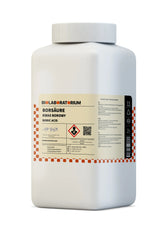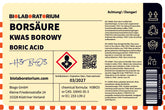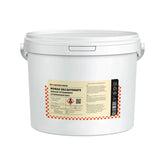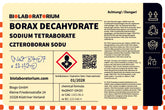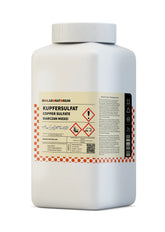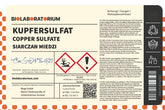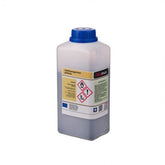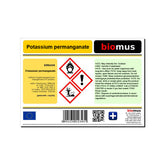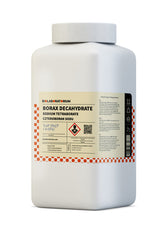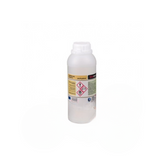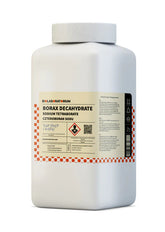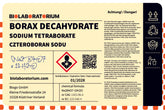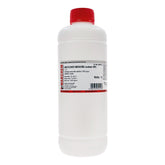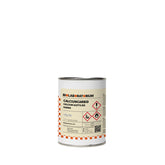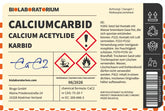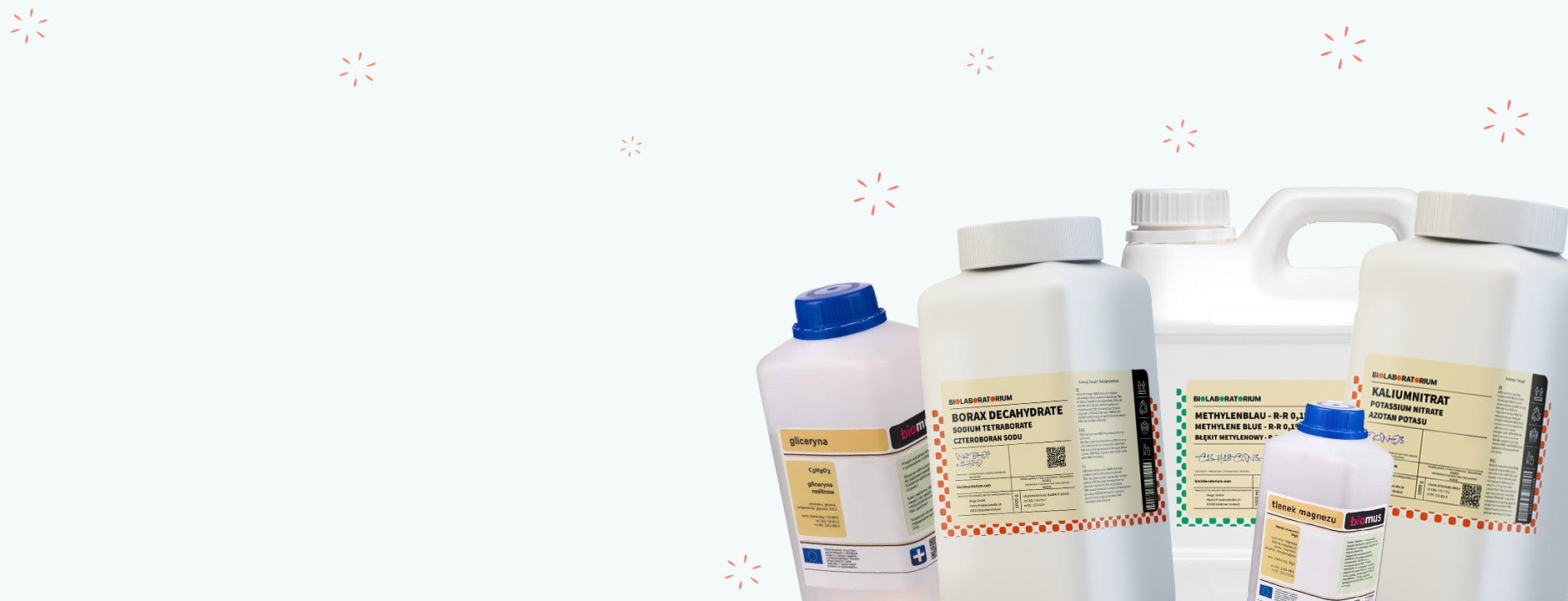Formalin – The versatile preservative and disinfectant
Formalin is an extremely versatile chemical product used in a variety of application areas. As an aqueous solution of formaldehyde, formalin offers numerous useful properties that make it a valuable tool in households, industry, and science. In this blog post, we take a closer look at the uses and benefits of formalin.
Formalin – Properties and Applications
Formalin is a clear, colorless liquid produced by dissolving formaldehyde in water. Depending on the concentration, the formaldehyde content can range between 10% and 40%. This property makes formalin an extremely versatile product with numerous uses.
Preservation and Fixation
One of the main application areas of formalin is the preservation and fixation of biological samples. Due to its disinfecting and denaturing effect on proteins, formalin is excellent for preserving tissues, organs, or whole animals for further examination. In medicine and biology, formalin is therefore often used for fixing tissue samples for histological analyses.
Formalin can also be used as a preservative in households to extend the shelf life of flowers, mushrooms, or other organic materials. Treatment with formalin kills enzymes and microorganisms, allowing samples to be stored for longer periods.
Disinfection and Sterilization
In addition to preservation, formalin is also an effective disinfectant and sterilizing agent. The disinfecting properties of formaldehyde make formalin a valuable aid in hospitals, laboratories, and other facilities where hygiene is important.
Formalin can be used to disinfect surfaces, equipment, and instruments. Furthermore, it is used in the sterilization of medical products as it can kill bacteria, viruses, and fungi. Formalin can also be used in the food industry to disinfect production facilities and packaging materials.
Chemical Synthesis
Besides its preserving and disinfecting properties, formalin is also an important starting material for chemical synthesis. Formaldehyde, the main component of formalin, serves as the basis for producing numerous organic compounds used in industry, agriculture, and research.
Examples of products made from formalin include resins, adhesives, paints, varnishes, and plastics. Formalin is also used in pharmaceutical manufacturing as a starting material for drug synthesis.
Safety and Handling of Formalin
Although formalin has many useful properties, caution is required when using it. Formaldehyde, the main component of formalin, is a toxic substance that can be harmful to health if inhaled, swallowed, or in contact with skin. Therefore, it is important to always observe applicable safety regulations when handling formalin.
When working with formalin, appropriate protective equipment such as gloves, safety goggles, and respirators should always be worn. Additionally, good ventilation of the work area is necessary to prevent the accumulation of formaldehyde vapors.
Formalin solutions must also be properly labeled and stored separately from other chemicals. In case of spills or accidents, it is important to provide first aid immediately and inform the relevant authorities.
Conclusion
Formalin is an extremely versatile chemical product that can be used in a wide range of applications. From preserving biological samples to disinfecting surfaces and chemical synthesis – formalin offers numerous useful properties. However, handling this substance requires special precautions due to its toxicity.
With careful handling and adherence to safety regulations, the benefits of formalin can be optimally utilized. Whether in the laboratory, industry, or household – formalin is a valuable tool that is indispensable in many areas.

